If you were to pull up any regulation regarding licensures or permits, you will find the following buzzwords: protect, promote public trust and confidence, in the best interests of the residents of Colorado. Those all sound like admirable goals, certainly aspects that should be encouraged in a free market. But does government regulation really achieve these goals or are the regulations a façade of trust and confidence?
The government’s incessant desire for licensures, permits, and continued education has often been an encroachment of personal liberty. It has become personally relevant to me as of late. I recently took two licensure exams. Halfway through the second exam I was struck by the logical absurdity of the exam process. I knew going in that I had to get better than a 70% to pass the exam. What I didn’t know is that they only give you a pass/fail grade. They do not tell you what percentage you got right, what questions you missed, or even a ballpark of questions you struggled with. This lack of transparency raised so many more questions for me.
I have always been a good student. I never struggled in high school or college. I have good study habits and I am an excellent test taker. I enjoy consuming knowledge, and a primary part of learning is knowing where and why you failed. I learned early on that merely memorizing facts does not necessarily equate to understanding the concepts. Asking the “why” questions ensures that even when the exam questions get tricky, there is a method to eliminate the wrong answers. You learn more from your mistakes this way therefore it is critical to see what questions you missed on homework, quizzes and especially exams. But after taking the licensure exam, there is no way for me to know what I missed. No way for me to find out why I missed it. Was it merely a question I misread but I understood the concept or, more troubling, did I miss a critical concept? While this may be personally troubling, it begs a more important question.
If the goal is to promote public trust and confidence, why are professionals allowed to miss 30% of questions on the exam? What if the professional missed the most critical 30% of the questions, the questions that would lead to the greatest harm to the public? There are obviously those like me who want to know what questions we missed so we could be better at our careers, but what about the people who don’t even care? What about the people who just want the license because they “have to have it” and have no regard about the best interests of the citizens of Colorado? Is a standardized test the best way to find competent and ethical professionals? Many are questioning standardized testing for our school children, and yet, here we are requiring standardized testing for adults. I ask again, is government truly looking out for the best interest of the people?
This is not to say that exams cannot be used to help professionals but the process as it is today does not achieve stated goals. The exam process right now is used as a screening and a regulating process, not as an educational process to further the competence of the professional. The government does not have the proper incentives even though they state the right goals. Furthermore, the government should not have a role in how an individual would like to make a livelihood. A free market, however, provides the incentive and it has a self-interested goal in promoting public trust and confidence in professions. A free market does not seek control and regulation, it seeks voluntary trade to the betterment of all. Let me frame it this way: think of the people in your life who enable the betterment of your mental, physical and self-health. Think of your hair stylists, massage therapists, acupuncturists; think of your bartenders and physical trainers. Did you ask to see their licensures before they cut your hair or did your nails? When you belly up to the bar and ask for an Old Fashioned do you demand to see the bar’s licensure before taking a sip? Was trust immediately given based upon that signed piece of paper that sits in your massage therapists desk drawer or was trust given due to the person’s skill, demeanor, reviews from previous customers, and personal interest in you? Is it the paper or the person you trust? Is it government regulations or the free market that you truly trust?
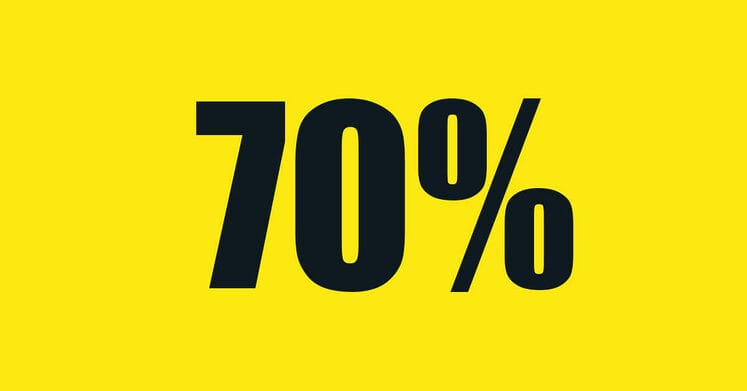
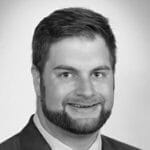

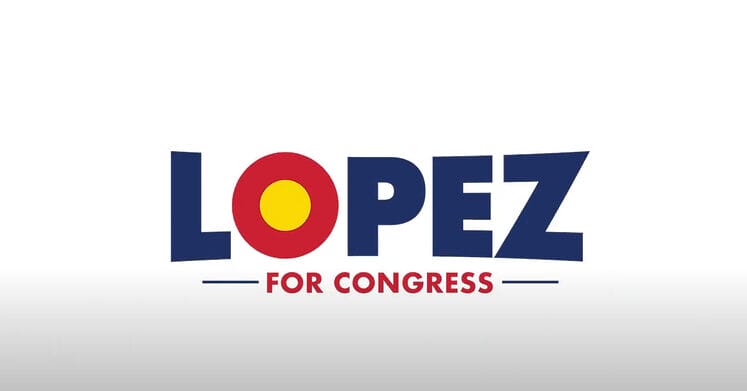
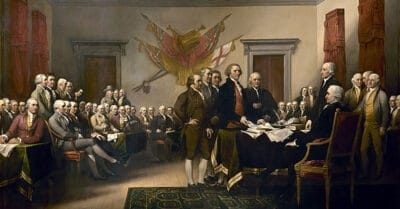
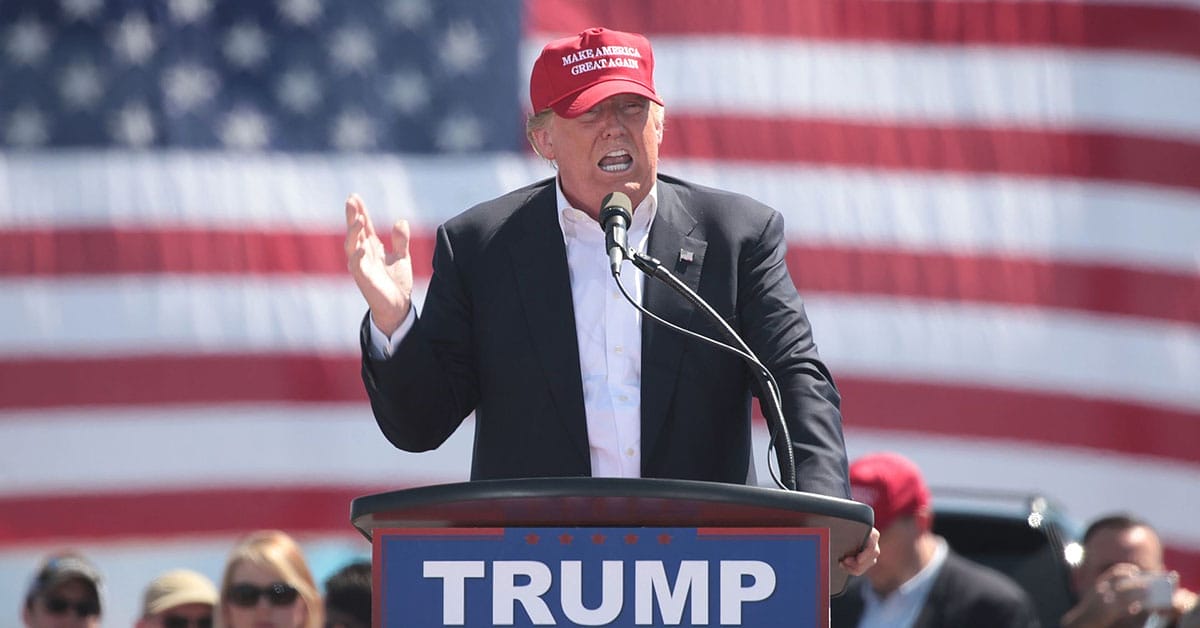



Responses
One major element missing from your essay on Lisencing is that many times the requirements are imposed from within a profession. The reasoning for this would innocently be that these people are only trying to protect the public and improve their profession. The other reason might be that those already in the profession are raising the barriers to entry for others; they are making it harder for any competition to occur.